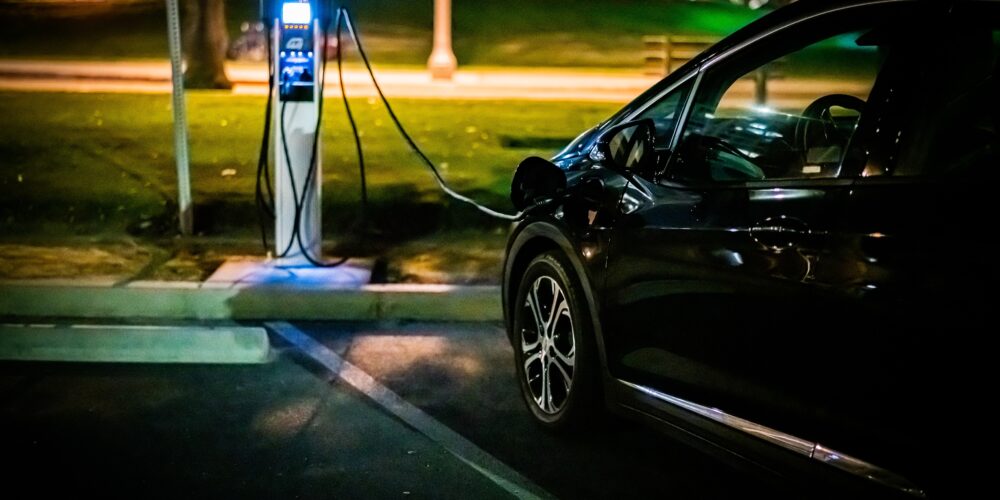One of the leading concerns that people seem to have when it comes to switching to electric vehicles comes in the form of the UK’s supply of charging stations. Common worries seem to revolve around how long a car takes to charge, the range they offer and how many there are across the UK for those travelling longer distances, but how much do these concerns actually bother the UK’s EV drivers?
A new study by Which? has recently shown that, of 1,500 EV or hybrid vehicle drivers polled, 74% of them claimed that they were dissatisfied with the charging infrastructure currently available here in the UK. Much of the struggles faced seem to revolve around finding a charger that actually works, with two in every five respondents claiming that they have found a non-working charger. A further 61% have even struggled to make payments in order to charge their car, not least due to the fact that many charging stations require an app in order to work.
App-based charging stations can run into a number of issues, including setting up payment methods, loss of signal or even something as simple as not having a phone that can have the app. With 84% of EV and hybrid owners wanting the option of paying with contactless payments rather than via an app, it’s clear that a significant number of drivers aren’t completely happy with the charging infrastructure that the UK currently has in place.
Urging the government to take action, Sue Davies, head of consumer protection policy at Which?, said:
“Our research shows that the public EV charging infrastructure is falling short as many drivers struggle to find reliable charging points in good working order, have to navigate confusing payment systems or are unable to rely on adequate charging points close to their homes or to get them through a long journey… The government must move quickly to implement its plans to improve the consumer experience of using the public charging networks by extending reliability standards across the full network and ensuring proposals for payment roaming make paying to charge much simpler. Charging must be easy, reliable and seamless to support people making the move to an electric car.”
In response, David Renard, transport spokesman for the Local Government Association, said “Reliability and ease of use of the charging infrastructure will be vital to continue attracting more people to make the switch to greener transport. Councils need long-term financial support from Government so they can help ensure there are robust and accessible local charging networks to support our communities and businesses to adopt cleaner travel and tackle climate change.”
To make matters even more difficult, EV drivers are now being faced with the results of a 42% price hike in the cost of using public rapid chargers. Over the past four months, charging has changed from 18.75p per kWh to 63.29p per kWh, usually resulting the cost of a full charge being £10 more. The gap is even seen to be narrowing between EVs and traditional petrol and diesel vehicles, with the cost averaging ad 18p per mile for electricity, 19p per mile for petrol and 21p per mile for diesel.
The concern around the UK’s charging infrastructure and how the government are seemingly failing to put it into place is growing, with existing and potential EV and hybrid owners often put off of switching to electric as a result. Whether this is likely to change in the near future has yet to be seen, but we’re certainly keeping our eye out.
If you own an electric vehicle and are concerned about its lifespan or want to keep on top of maintenance to ensure it stays road-ready for longer, we’re on hand to help. Get in touch with a member of our team for more information about our vehicle repairs and car servicing, today.

